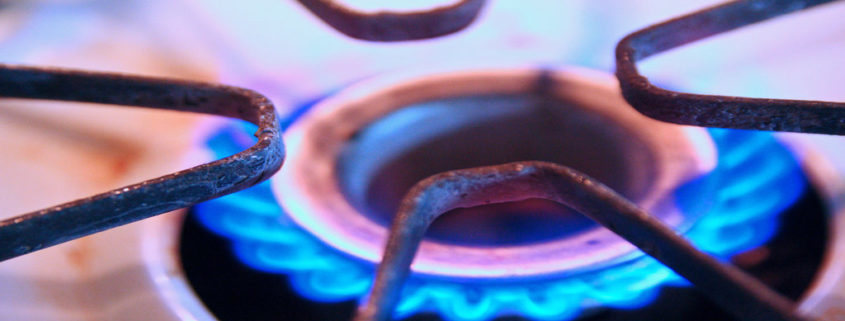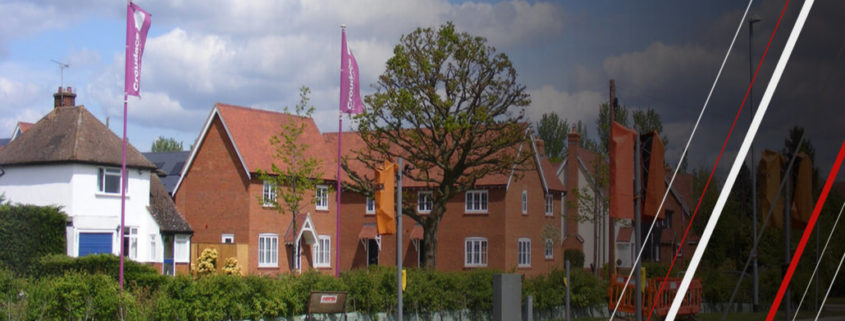Gas boilers will be replaced by low-carbon heating systems in all new homes built after 2025 in an attempt to tackle the escalating climate crisis, Philip Hammond has said.
In his spring statement, the chancellor said new properties would use alternative systems, such as heat pumps, to help the UK reduce its carbon emissions.
However, Hammond appeared to row back on implementing the full recommendations from the government’s advisory committee on climate change last month, which called for new homes to have no gas for cooking or heating from 2025.
The move away from gas heating in new homes was given a cautious welcome by environmental groups, although they said the chancellor had to be more ambitious, systemic and radical if the government was to get to grips with the climate emergency.
Housebuilders said they supported moves to more environmentally sustainable systems, but alternative heating was often more expensive and less effective.
A spokesperson for the Home Builders Federation said the ongoing “costs and comfort of homeowners was an absolute priority” for its members, pointing out that heat pumps required bigger radiators and did not work as well in cold snaps.
“New technologies are increasingly being incorporated that drive down emissions and we are committed to continuing to work with government on this … [however] it must be ensured that alternative heat sources are suitably attractive, available and efficient before withdrawing existing options,” he said.
The report from the committee on climate change said it would cost £4,800 to install low-carbon heating in a new home, but £26,300 in an existing house.
Around 14% of UK greenhouse gas emissions come from homes and last year emissions from housing increased – mainly from gas boilers.
The committee said that to meet the UK’s existing climate targets, considered too weak by many, all homes would have to virtually eliminate emissions in the future.
However, a spokesman for the Treasury said no funding had been allocated to support the move to sustainable heating systems, adding that the plan would go out to consultation later this year.
Hammond’s announcement on gas boilers was one of a series of environmental measures unveiled in his statement, alongside the protection of the waters around Ascension Island in the Atlantic, a new carbon offset scheme for aviation and a comprehensive global review of the link between biodiversity and economic growth, led by Prof Partha Dasgupta.
But environmental groups said the measures did not go far enough.
Mel Evans, a senior campaigner at Greenpeace UK, said although the plan to end fossil fuels in new homes was vital – and she welcomed the measures to protect wildlife – tackling the climate crisis required bigger thinking.
“Issues like the shoddy state of our existing housing stock and rapid adoption of electric vehicles require serious money behind serious policies,” such as banning new petrol and diesel cars and vans by 2030, she said.
Dave Timms, from Friends of the Earth, said: “The chancellor should have announced a massive programme of investment in home insulation and public transport, instead of pushing the false solution of carbon offsetting for aviation.”
Prof Sam Fankhauser, from the Grantham Research Institute on Climate Change at the London School of Economics, said the move was a “welcome step towards reducing carbon emissions” that had the potential to “significantly reduce emissions, especially if these are accompanied by measures to make homes more energy efficient.
“To be fully effective, stringent standards for new homes need to be complemented by more funding for energy efficiency upgrades in existing homes, such as for insulation and better boilers.”
Source: The Guardian



